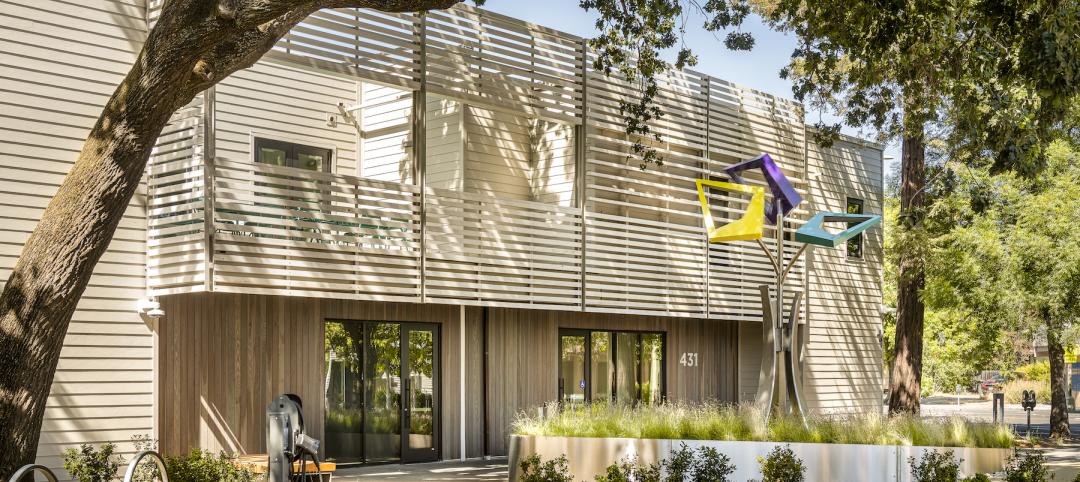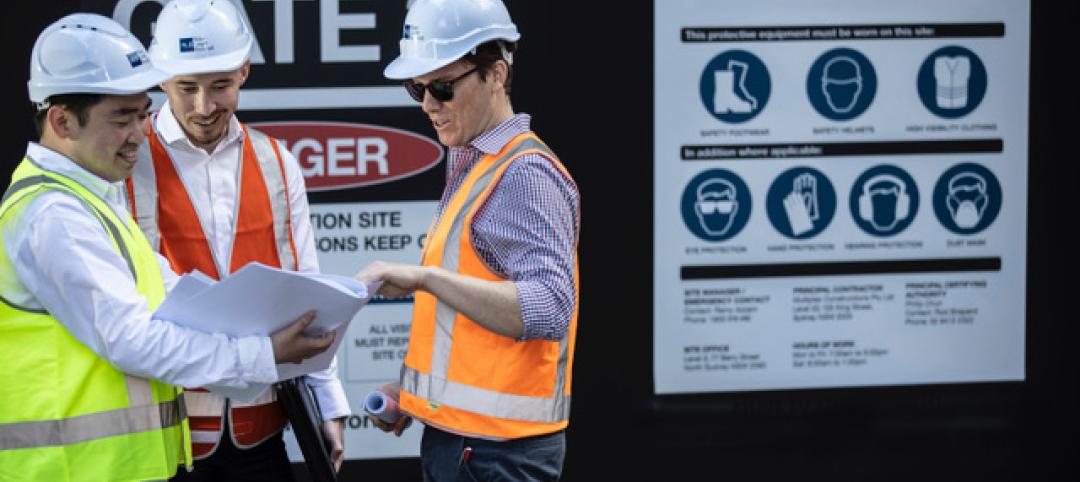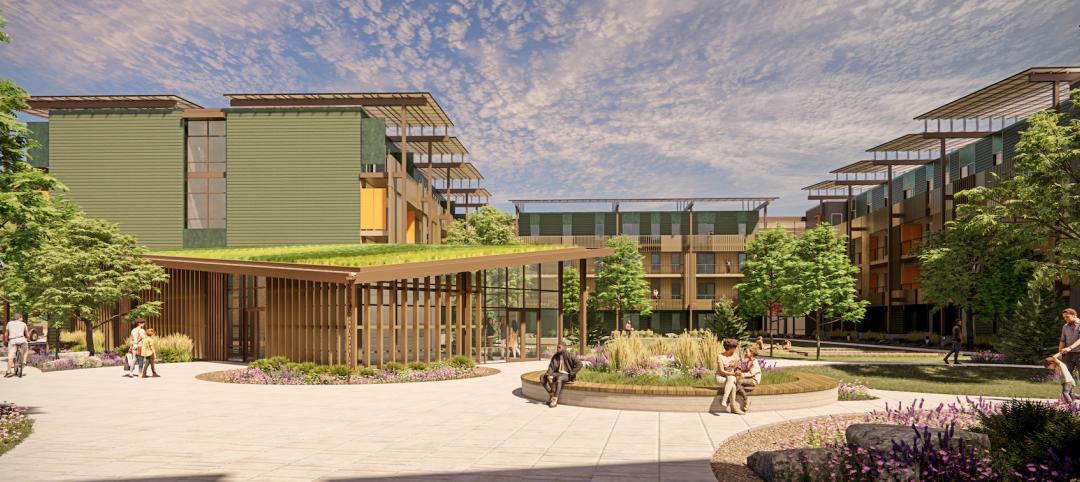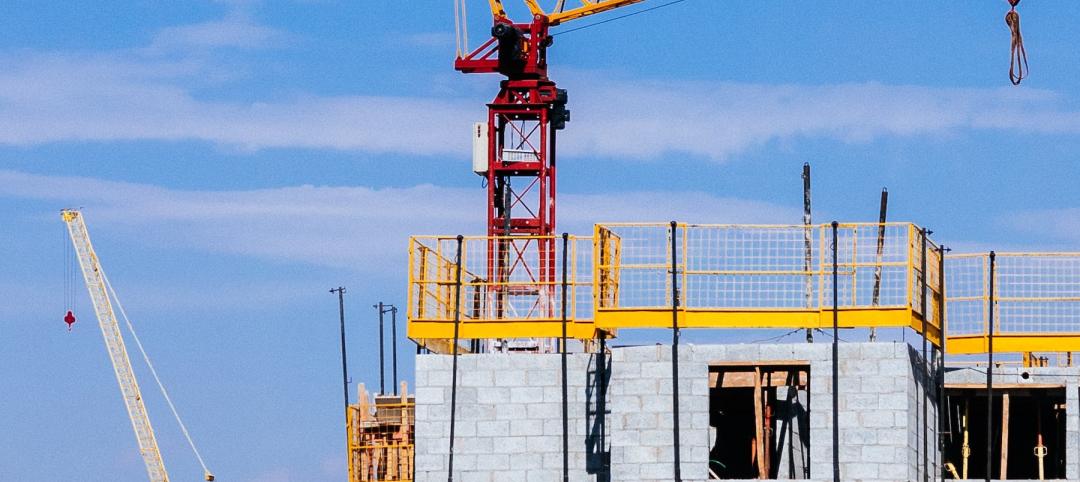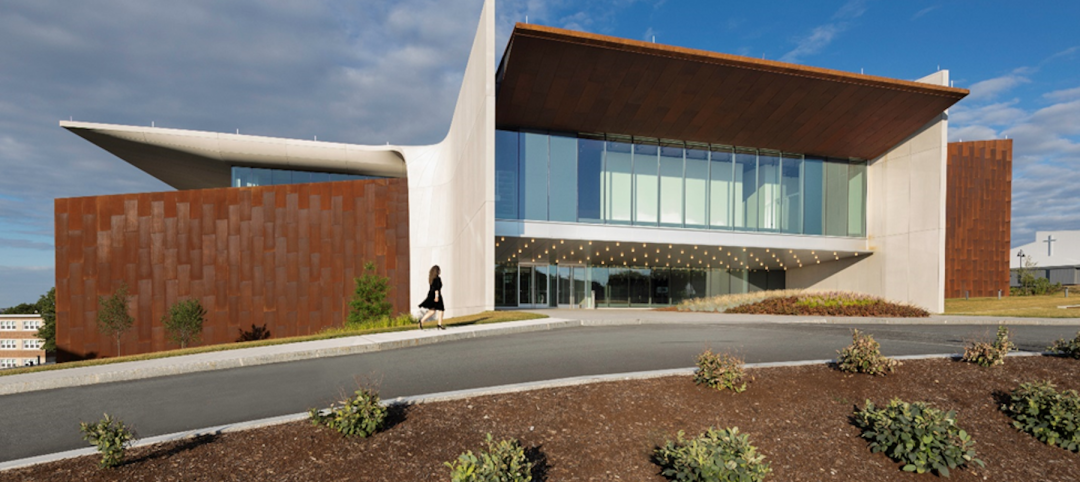Claims, disputes, arbitration, litigation: these are dreaded procedural pitfalls that often dog construction projects large and small. Not only are they time-consuming to work through, but they’re costly, too: The National Research Council estimates that $4B to $11B is spent annually in resolving these cases in the U.S. market.
At the North American office of Rider Levett Bucknall, the approach we take to avoid or minimize the number of conflicts that end up in post-project arbitration or litigation dispute often centers on using Project Neutrals or independent Dispute Review Boards (DRB).
These individuals are trained, neutral advisors who focus solely on the project, not on any one party’s position. Part psychiatrist, part negotiator, DRBs and Project Neutrals understand, manage, and resolve conflicts caused by normal construction processes in order to avoid disputes. They work with owners, architects, contractors, and consultants to transition the industry-collective mindset from conflict to conflict resolution, and ultimately to dispute avoidance.
Here are five core practices that Project Neutrals and DRBs utilize to keep the peace, while keeping a project on-track.
1. Develop trusting relationships with each stakeholder. When trust levels are high, people tend to be less defensive and are more willing to share information to help find a mutually acceptable solution to a problem. If parties mistrust one another, they often act defensively, focusing solely on their own needs and interests. Creating a working relationship that is trust-based makes conflict management and resolution easier.
2. Play an active, integrated role in the overall project team. If you want to be prepared to handle conflicts, it’s important not to sit passively on the sidelines during the design and construction process. Connecting regularly—through meetings, emails, and phone calls—with key players from the start of a project can establish you as a familiar, concerned, and impartial presence, rather than a biased opportunist or outlier.
3. Communicate clearly. The sheer quantity of documentation and communication generated by construction projects can be massive; the quality of those documents, in terms of clarity and meaning, can be ambiguous, inflammatory, or even overwhelming. Using simple and considerate language can avoid small misunderstandings—and keep them from escalating into major conflicts.
4. Treat all parties equally and fairly. If you demonstrate competence, honesty, and respect for the project and all its stakeholders, people will be confident in your ability to protect their interests and provide fair advice, recommendations, and guidance. This empowers each party to be open to conflict resolution, secure in the knowledge that, if necessary, you can be relied upon to provide sincere and balanced feedback.
5. Serve as a resource to help stakeholders explore mutually acceptable solutions.It’s not easy to challenge the traditionally adversarial culture of the construction industry. If you present people with reasonable and effective options to the expensive, ingrained blame game that pervades the business, you’ll earn the esteem of your professional colleagues and be recognized as a leader in the field.
Employed regularly, these fundamental dispute-avoidance techniques can bring a new harmony to construction projects, resulting in streamlined schedules and enhanced bottom lines.
About the Author: John T. Jozwick, Esq., is Senior Vice President and General Counsel for Rider Levett Bucknall North America. With more than 35 years in the industry, Jozwick provides advisory services to owners, contractors, subcontractors, design professionals, sureties, and attorneys relating to construction projects and disputes. He serves clients as an expert witness, provides alternative dispute resolution services as Arbitrator or Mediator, and provides construction dispute avoidance services as a Dispute Review Board member, Project Neutral, or Independent Certifier.
Related Stories
Contractors | Oct 5, 2022
Materials shortages, cost spikes throwing Design-Bid-Build process out of whack
The traditional Design-Bid-Build delivery process is under considerable stress this year as materials shortages and cost spikes are upending usual practices, according to a new report from JLL.
Green | Oct 5, 2022
In California, a public power provider’s new headquarters serves as a test case for an innovative microgrid and for reducing greenhouse gas emissions
Sonoma Clean Power (SCP), the public power provider for California’s Sonoma and Mendocino Counties, recently unveiled its new all-electric headquarters.
Contractors | Oct 4, 2022
Project managers: Know your workforce
The number of considerations that go into starting a construction project are almost too numerous to count. Contracts, materials, labor, deadlines, even weather, to name a few. They vary from project to project, and any one of them can change in an instant, whether it be materials suddenly in short supply, labor that isn’t available for your particular kind of project (is it luxury hospitality or affordable residential?), or an unexpected phenomenon like Covid-19 that makes everything suddenly screech to a halt.
Contractors | Oct 4, 2022
Which comes first, the building or the cost estimate?
At the start of a project, don’t forget to establish financial parameters when you’re discussing the design and program. By establishing the costs up front, you can avoid the pitfalls that might derail your project and guarantee its lasting success.
Fire and Life Safety | Oct 4, 2022
Fire safety considerations for cantilevered buildings
Bold cantilevered designs are prevalent today, as developers and architects strive to maximize space, views, and natural light in buildings. Cantilevered structures, however, present a host of challenges for building teams, according to José R. Rivera, PE, Associate Principal and Director of Plumbing and Fire Protection with Lilker.
| Oct 4, 2022
Rental property owners want access to utility usage data for whole properties
As pressure from investors for ESG reporting mounts, owners of multifamily properties increasingly look to collect whole-building utility usage data.
| Oct 4, 2022
In dire need of affordable housing, Aspen, Colo. will get a development that provides 277 affordable homes
A few miles from downtown Aspen, Colo., a development will provide 277 new affordable homes for an area experiencing a dire affordable housing crisis.
Green | Oct 3, 2022
California regulators move to ban gas heaters for existing buildings
California regulators voted unanimously recently on a series of measures that include a ban on the sale of natural gas-powered heating and hot water systems beginning in 2030.
| Oct 3, 2022
The College of the Holy Cross completes a $110 million performing arts center
In Worcester, Mass., a one-hour drive from Boston, the College of the Holy Cross has completed its $110 million Prior Performing Arts Center.
Resiliency | Sep 30, 2022
Designing buildings for wildfire defensibility
Wold Architects and Engineers' Senior Planner Ryan Downs, AIA, talks about how to make structures and communities more fire-resistant.




